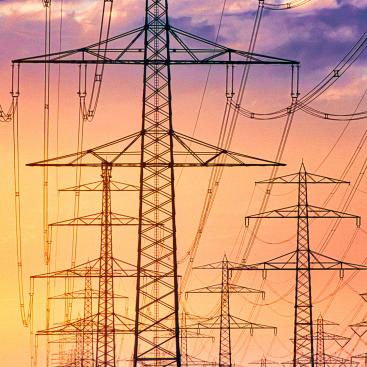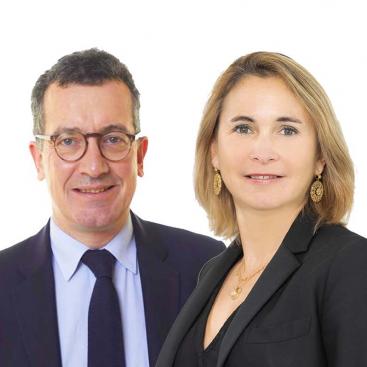Ideas

This inaugural impact report of Mirova Environment Acceleration Capital(1) is a deeply symbolic and pivotal step in our commitment to the economy’s shift to a more sustainable model. It captures the very essence of the three pillars of impact we shape every day at Mirova.

“The global energy system is broken, bringing us closer to climate catastrophe.” These were the words that United Nations Secretary General Antonio Guterres used to urge the world to end fossil fuel pollution and accelerate the renewable energy transition, “before we incinerate our only home.”(1) Alone responsible for 73% of carbon dioxide emissions(2), the energy sector is at the forefront of a change of model. But while the trajectory has been mapped out, many challenges still lie ahead, and there are huge needs for financing. In these circumstances, Mirova’s Environmental Impact Private Equity team seeks to accelerate the deployment of solutions and technologies that will contribute to meeting the net zero trajectory to 2050.
The world is faced with urgent, global and interconnected environmental challenges: global warming, air, water and land pollution, non-sustainable resources exploitation, waste, food and water insecurity, deforestation, biodiversity loss.... Solutions exist, but they need financing to scale up and become sustainable and replicable business models.

When growth capital makes it possible to build sustainable real estate At the heart of social and societal issues, cities and urban areas are some of the drivers of climate change, causing collateral damage to biodiversity, resources, air and health. At the forefront, the transport and construction sectors are facing a challenge of unprecedented magnitude: to transform themselves fundamentally in order to drastically reduce their impact on the environment. In this context, Mirova’s Impact Private Equity strategy focuses on solutions and technologies that will help to make sustainable cities a reality. In this article, we take a closer look at buildings.

When growth capital builds the clean mobility of tomorrow At the heart of social and societal issues, cities and urban areas are one of the drivers of climate change, causing collateral damage to biodiversity, resources, air and health. At the forefront, the transport and construction sectors are facing a challenge of unprecedented magnitude: to transform themselves fundamentally in order to drastically reduce their impact on the environment. In this context, Mirova’s Impact Private Equity strategy focuses on solutions and technologies that will help to make sustainable cities a reality. In this article, we take a closer look at mobility.

While the "food system" as a whole is a major driver of climate change, the agriculture sector face a challenge of unprecedented magnitude: to undergo a profound transformation to produce more and better with less while reducing its environmental footprint. Within this context, Mirova's environmental impact private equity strategy focuses on proven agro-technologies to lead this transition towards a more sustainable system.

Undisputedly, 2021 will have exposed, more than any year previously, the harsh reality of global warming and the environmental challenges that we all face.For the world of finance, this observation confirms that the goal should no longer be to merely finance the environmental transition to a low carbon future: the aim is to accelerate this transition by financing high-impact solutions that help the world act faster and more powerfully.

